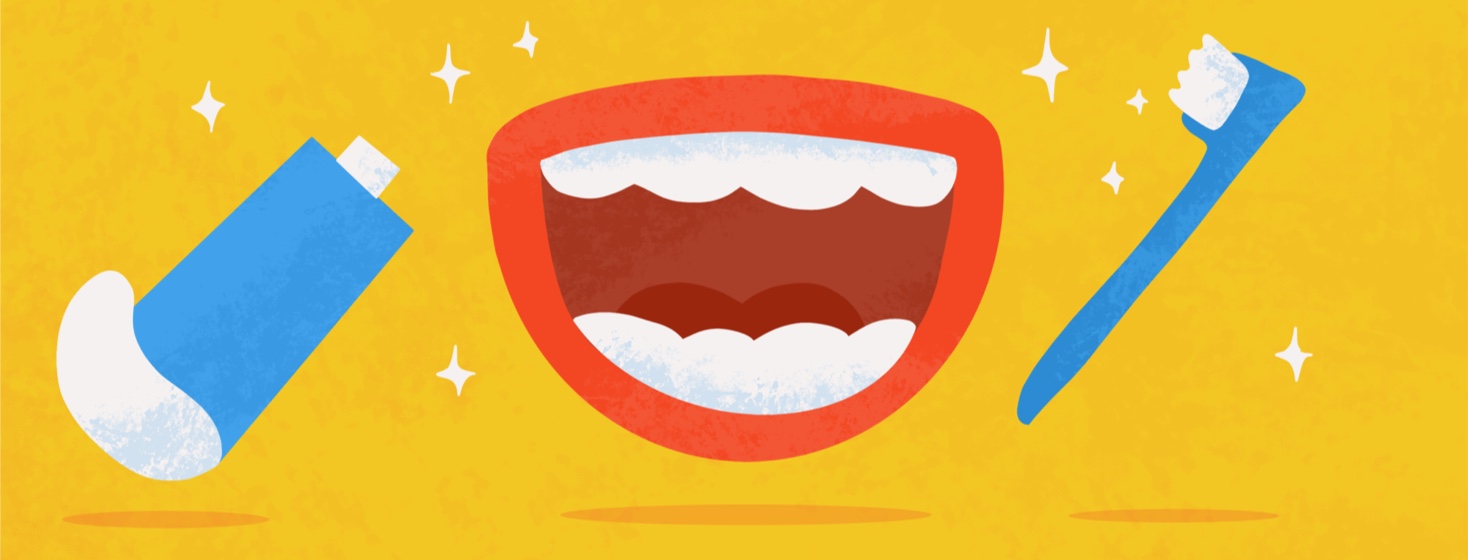Teeth, Gums, and More
When you learn cancer treatment will involve chemotherapy, it is easy to begin thinking of the many potential side effects. We have all read about the potential and ongoing bouts of nausea or diarrhea associated with chemo but unless you have experienced it firsthand, it is impossible to understand the many impacts chemotherapy has on you. Not only are you impacted physically you also undergo can experience depression, forgetfulness, and bouts of isolation.
Personally, I never experienced nausea, but I did experience significant episodes of constipation, leg cramps, weight loss, and sleeplessness with the disease. Chemotherapy works by killing cancer cells. At the same time, the treatment also impacts your entire immune system in the process.
Some oral complications
Chemo not only kills the cancer, but it can also cause significant oral complications. I learned prior to treatment that I might experience anything from minor irritations to large lesions that could make eating or drinking difficult.
Your mouth contains good and bad bacteria. The harmful ones cause infections, gum disease, and cavities. If you develop mouth sores during treatment, you can find yourself at risk for harmful bacteria entering your bloodstream. Under normal circumstances, these bacteria would have no impact on you. However, when you are compromised by chemotherapy, you are at greater risk to develop "sepsis" which can be deadly. Keeping your mouth healthy throughout your chemotherapy treatment is critically important and it should not be “brushed aside.”
How I prepped my mouth for chemo
Prior to undergoing treatment, I made it a point to go in for a thorough examination including x-rays, and having my teeth cleaned by a dental hygienist. If during that cleaning cavities were discovered, or if some type of gum disease or infection was found it would have been taken care of before beginning my chemotherapy. In the middle of my treatment, a filling did manage to break loose and I needed to go in for a repair. It was not planned, but fortunately, it was handled without the need for an injection of Novocain.
The dentist urged me to keep my teeth, gums, and tongue brushed and cleaned several times a day. What I found helpful was to use a soft toothbrush with a smaller head – making it much easier to reach the back areas of my mouth without causing irritation to the gums. He suggested replacing the toothbrush weekly. And while I did not follow that recommendation, I did make it a point to soak the toothbrush every day in Listerine to prevent any germ buildup on the bristles. I also continued to floss on a regular basis.
Oralcare during and after treatment
During treatment, I rinsed my mouth out several times a day with a mild nonalcoholic. During my treatment, I did on occasion develop several small mouth sores which cleared quickly using a mild mouthwash. I would suggest that at any point during chemo treatment if you find yourself developing mouth sores, contact your oncologist’s office and discuss what steps should be taken next. When undergoing chemo, it is bad enough that you lose your sense of taste, adding mouth sores to the experience can make eating a lot more difficult. There were also suggestions for mouthwashes that moistened my mouth during chemo treatment.
When the chemo stopped, I continued to avoid irritating items such as tartar control toothpaste or any products that would irritate my gums. Four weeks after the last round of chemotherapy I went in for a dental appointment and was pleased to discover that my teeth and gums were in excellent condition. When undergoing chemo, it is important to be attuned to your oral hygiene. I can assure you that smiling with clean bright white teeth and healthy gums after chemo is a wonderful experience.

Join the conversation